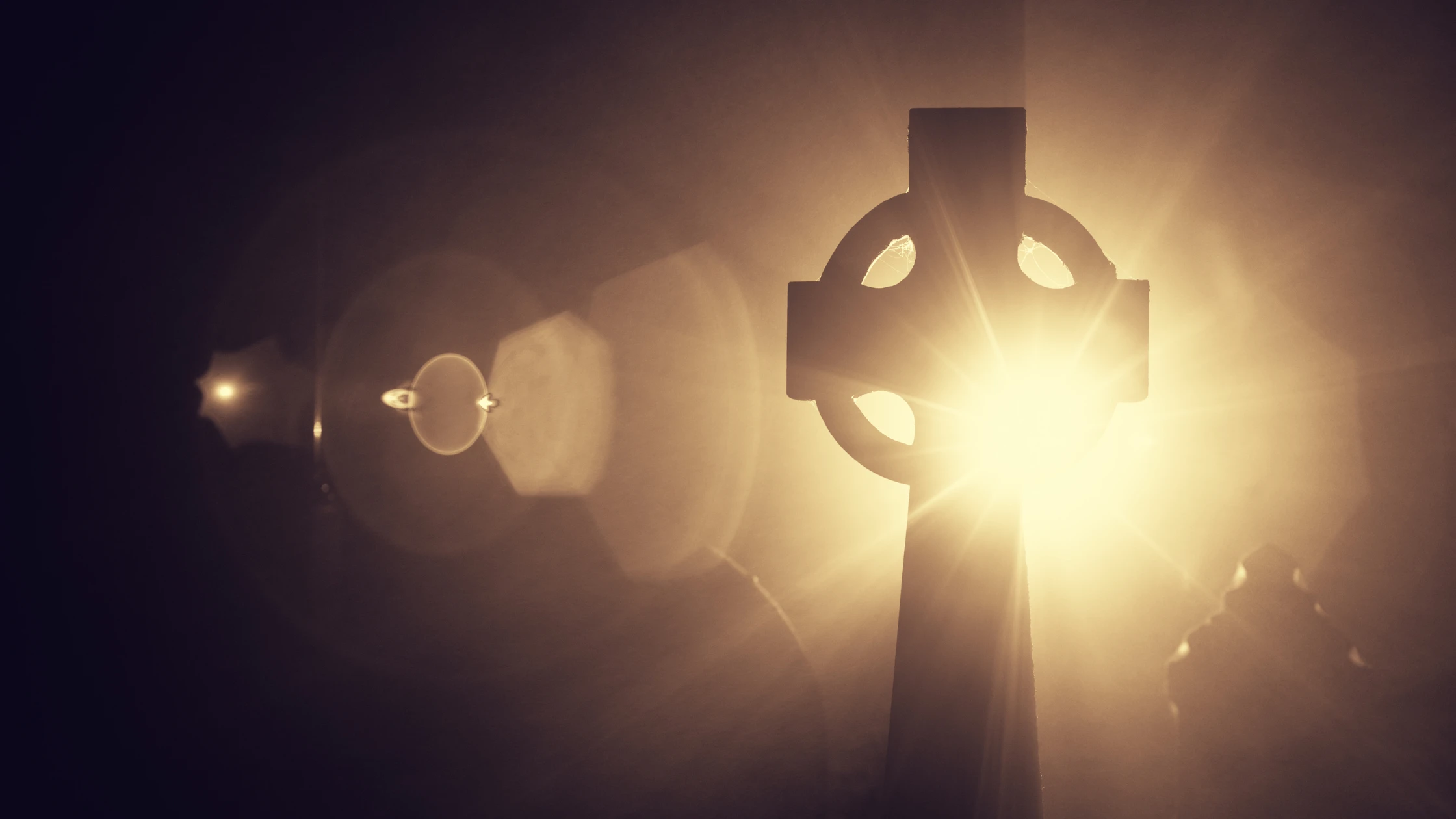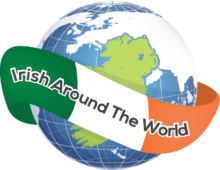Celtic mythology, steeped in ancient Irish traditions and folklore, is a treasure trove of intriguing deities. While often overshadowed by mythical creatures, these Celtic gods and goddesses play a pivotal role in Celtic mythology.
The Celts were devout polytheists, believing in and venerating multiple deities, a belief system often referred to as ‘Celtic Paganism.’ In this exploration, we delve into the captivating world of the most prominent Celtic gods and goddesses, from the mighty Dagda to the enigmatic Cernunnos and beyond.
I have kept things simple and easy to read so as not to overcomplicate things. Of course, you can read more into each of these Celtic Gods, but I feel this gives a great summary of them.
10 Incredible Celtic Gods and Goddesses 🤠

- Dagda: The Benevolent Leader
- Role: Dagda is revered as a fatherly figure in Celtic mythology, known for his wisdom and leadership.
- Leadership: He was the esteemed leader of the Tuatha Dé Danann tribe, a powerful group of Celtic gods who once ruled Ireland.
- Powerful Artifacts: Dagda possessed several significant artefacts, including a magical cauldron that had the power to bestow life, a harp capable of controlling the seasons, and a massive club that could slay ten men with a single blow. His club was even said to have the ability to resurrect the dead.
Celtic Goddess Danu: The Divine Mother
- Ancient Deity: Danu is among the oldest mythical beings in Ireland and is often depicted as a beautiful woman.
- Motherly Role: She is considered the divine mother of the Dana people, a tribe of Celtic gods.
- Symbolism: Danu symbolizes regeneration, wisdom, death, and prosperity. Her influence extended beyond Ireland, gaining recognition in Britain and other regions.
Lugh: The Sun God of All Crafts
- Sun God: Lugh, although less commonly mentioned in inscriptions, holds a crucial place among Celtic deities.
- Versatile Deity: He is associated with the sun, craft, and artistry. Lugh is often portrayed with his magic spear, Gae Assail, helmet, and armour.
- Heroic Feats: Lugh was a warrior and the divine father of the famous Irish hero Cú Chulainn. He is celebrated for defeating Balor, the one-eyed chief of the Formorii.
Badb: The Mysterious Crow Goddess
- Supernatural Being: Badb was both a Celtic goddess and a supernatural demon with the power to foretell doom.
- Enlightenment and Wisdom: In Celtic eschatology, she played a pivotal role in predicting the downfall of deities and even the Great Famine in the 19th century.
- Crow Symbolism: The name “Badb” translates to “Crow” in Celtic mythology, and she was often associated with this bird.
The Morrigan: Celtic Goddess of War
- Mistress of War: The Morrigan is known as the Celtic goddess of war, often depicted as the “Phantom Queen” or the “Queen of Demons.”
- Battlefield Presence: She had a chilling presence on the battlefield, appearing in the form of a crow or raven.
- Ominous Prediction: The Morrigan could predict the outcomes of battles and was connected to the fate of heroes. Her encounter with Cú Chulainn resulted in his tragic demise.
Cú Chulainn: The Heroic Fighter
- Folk Hero: While Cú Chulainn is primarily celebrated as a hero rather than a god, his prominence in Irish legends warrants inclusion.
- Ulster’s Defender: He defended the province of Ulster and is renowned for his heroic feats in countless stories.
- Tragic End: His tragic death came about when he failed to recognize the goddess of war, the Morrigan.
Cernunnos: The Horned God of Nature
- Unusual Deity: Cernunnos is an intriguing Celtic god associated with nature, wealth, and horned animals.
- Druidic Reverence: The Druids revered him as the “Honored God,” and Julius Caesar linked him to the Roman Underworld God Dis Pater.
- Horned Imagery: Ancient Celtic depictions often show Cernunnos seated in a lotus position with either horns or antlers on his head.
Conclusion on these Celtic Gods:
As we journey through the rich tapestry of Celtic mythology, we encounter a pantheon of gods and goddesses, each with a unique story to tell. From Dagda’s benevolent leadership to Brigid’s multifaceted prowess, these deities continue to captivate our imagination and offer glimpses into the mystical world of ancient Celtic beliefs.
While we’ve explored the prominent figures, Celtic mythology holds countless more treasures waiting to be unearthed, inviting us to delve deeper into this enchanting realm.
Are there any Celtic Gods that should have made this list? Comment and let me know.
